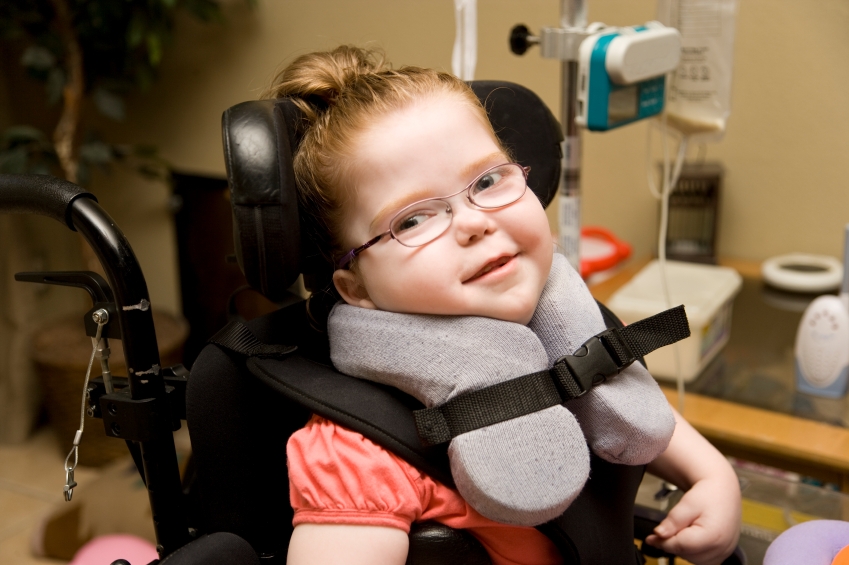 Source: bing.com
Source: bing.comCerebral Palsy (CP) is a neurological disorder that affects the movement and coordination of the body. It is estimated that about 1 in 323 children in the US have CP. This condition can occur due to different factors, and it can affect babies during pregnancy, at birth, or during their early years of life. In this article, we will explore how a baby can develop cerebral palsy.
Table of Contents
Prenatal Causes
Prenatal causes of cerebral palsy occur during pregnancy, and they can result from various factors such as infections, genetic mutations, and brain malformations. Some of the most common causes of CP during pregnancy include:
- Maternal infections
- Poor placental function
- Maternal thyroid dysfunction
- Maternal exposure to toxins and chemicals
- Brain malformations
- Genetic mutations
During the prenatal stage, it is essential for mothers to receive proper medical care and regular check-ups to minimize the risk of developing cerebral palsy. Expectant mothers should also avoid exposure to toxins and other harmful substances during pregnancy.
Perinatal Causes
Perinatal causes of cerebral palsy occur during delivery, and they can result from various factors such as delayed birth, premature birth, and lack of oxygen to the brain. Some of the most common causes of CP during delivery include:
- Difficult or prolonged labor
- Complicated birth, such as breech birth
- Use of forceps or vacuum extractor during delivery
- Infections during delivery
- Lack of oxygen to the baby’s brain
Perinatal causes of cerebral palsy can be prevented by ensuring that the baby receives proper medical care during and after delivery. This includes monitoring the baby’s oxygen levels and providing immediate medical attention if there are any complications during birth.
Postnatal Causes
Postnatal causes of cerebral palsy occur after birth, and they can result from various factors such as infections, head injuries, and brain damage. Some of the most common causes of CP after birth include:
- Infections, such as meningitis or encephalitis
- Head injuries or trauma
- Strokes
- Brain damage due to lack of oxygen
- Seizures
Postnatal causes of cerebral palsy can be prevented by providing proper medical care to the baby, including regular check-ups and vaccinations. Parents should also ensure that their babies are safe from accidents and injuries.
Conclusion
In conclusion, cerebral palsy is a condition that can affect babies during pregnancy, at birth, or after birth. It is essential for parents to be aware of the risk factors and take steps to prevent their babies from developing CP. By receiving proper medical care and avoiding exposure to harmful substances, parents can reduce the risk of their babies developing cerebral palsy.
Frequently Asked Questions
Q: Is cerebral palsy a genetic disorder?
A: Cerebral palsy is not a genetic disorder, but some genetic mutations and abnormalities can increase the risk of developing CP.
Q: Can cerebral palsy be cured?
A: There is currently no cure for cerebral palsy, but early diagnosis and proper medical care can help manage the symptoms and improve the quality of life for individuals with CP.
Q: Can cerebral palsy be prevented?
A: While there is no guaranteed way to prevent cerebral palsy, parents can take steps to minimize the risk of their babies developing CP. This includes getting regular prenatal care, avoiding exposure to harmful substances, and ensuring that their babies receive proper medical care during and after birth.
Q: What are the symptoms of cerebral palsy?
A: The symptoms of cerebral palsy can vary depending on the severity and type of CP. Some common symptoms include difficulty with movement and coordination, muscle stiffness or weakness, and difficulty with speech and communication.
Q: Can cerebral palsy affect cognitive abilities?
A: Cerebral palsy is primarily a motor disorder, but it can also affect cognitive abilities. Some individuals with CP may experience learning disabilities, difficulty with memory and attention, and other cognitive impairments.
